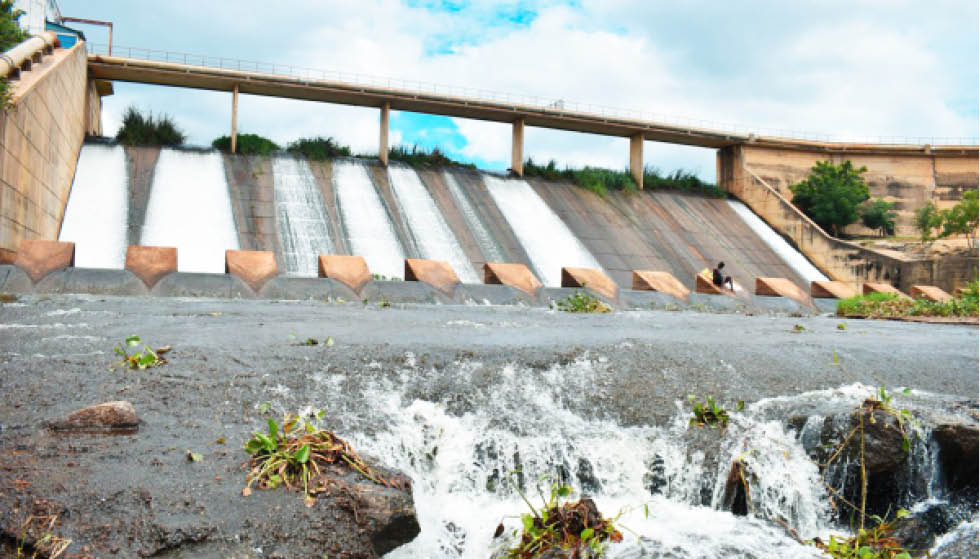Experts in the agricultural sector believe the country’s struggle to attain self-sufficiency in the rice production can only yield positive results if functional irrigation facilities are made available for all year-round farming.
Most stakeholders believe that the present scenario where paddy rice producers only rely on wet season farming window cannot take the country to its desired destination as far as rice production is concerned.
Mallam Yunusa Ndanusa, a retired agricultural extension officer, noted that climate change has increasingly put wet season rice farming at risk in some parts of the country as many rice farms are being washed away.
“We can’t continue to rely on only wet season circle for our rice production and be thinking we can get there. Many other countries are now planting rice three times a year and because of our non-chalant attitudes to our irrigation facilities, planting rice two times is even difficult,’’ he said.
Alhaji Abubakar Mohammed Maifata, the Chairman of the Rice Processor Association of Nigeria, noted that 70 percent of the country’s dams being used for irrigation are in dilapidated condition, warning that unless something is done to fix them attaining rice sufficiency may be a long time plan.
“All the dams belong to the government and they must do something on them if we are to talk about dry season farming, which we all know is a necessity for rice self-sufficiency,’’ he said.
On his part, the National President of All Farmers Association of Nigeria (AFAN), Arc. Ibrahim Kabiru, believes irrigated rice farming, which ensures all-year-round production, also remains the best way to control the moisture requirements of the different seed types.
“This is the best way to maximally and sustainably impact the food system and rapidly bring about sufficiency in the rice value chain,’’ he said.
The farmers’ leader cited Goronyo, Bakolori, Tiga, Ikere dams and several others all over the country that needed the desired attention if it is serious in the struggle for rice production.
The Federal Ministry Of Water Resources should expand the carrying capacities of the existing dams as well build new facilities especially around the South East to enhance the irrigable lands, he said.
Arc. Kabiru added that lots of advocacy and investments must be made to accentuate the existing facilities as well as making decisive efforts geared towards completing some irrigation facilities began and left to rot.
“Ground water should also be harnessed to expand the irrigation potentials of all communities that are deficient in large water bodies or dams.
“The deployment of the latest technology in drip as well as vertical irrigation protocols should be explored to boost rice production generally,’’ he said.
The Minister of Water Resources, Engr. Suleiman Adamu, has advocated the privatization of mini hydro dams, saying it is critical in addressing agriculture and power generation needs of the country.
He said efforts were on to re-position the dams for dry season farming, especially rice considering the level of damage caused by flood to the wet season farms.
Suleiman spoke when he appeared on the Forum of the News Agency of Nigeria (NAN) in Abuja.
“Most of these dams like Bakolori, Jebba and Ikere Gorge can really support the economy around their areas,’’ he said.

 Join Daily Trust WhatsApp Community For Quick Access To News and Happenings Around You.
Join Daily Trust WhatsApp Community For Quick Access To News and Happenings Around You.


